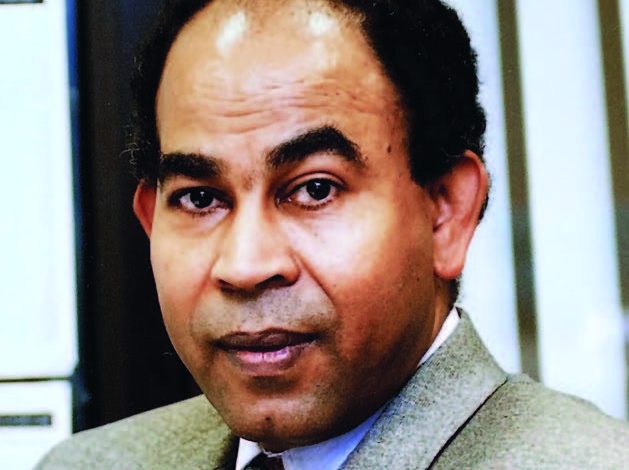Opinion
The Dilemma of Resolution in Sudan

Othman Mirghani
Asharq Al-Awsat Newspaper
London
A joint investigation by the American newspaper The Washington Post, in collaboration with the British television network Sky News, the Dutch journalistic organization Lighthouse Reports, and the French newspaper Le Monde, published on the ninth of this month, once again shed light on the widespread violations committed by the Rapid Support Forces (RSF), which have escalated with the ongoing war in Sudan. The investigation focused on events in the Kassab refugee camp in the Kutum locality in North Darfur and documented, through video footage, the attacks carried out by RSF forces on civilians, the killing of young people, and the destruction of villages, along with testimonies from survivors. While the massacre that occurred in June 2023 is neither the largest nor the worst in Darfur or elsewhere in Sudan, which has witnessed numerous atrocities during this war, it documents one of the acts of ethnic cleansing and genocide, with the RSF accused of carrying out the attack based on ethnic grounds, as some of its members were heard chanting slogans indicating that the killings were ethnically motivated.
What is most astonishing is the response the RSF provided to *The Washington Post* in defense of itself against the allegations documented in the report, stating that “the ethnic dimensions of the conflict have been exaggerated and exploited to manipulate Western media,” a reply that attempts to turn the tables by using the tactic of offense as the best form of defense. The truth is that this is not the first time the RSF has faced accusations of ethnic cleansing or genocide, especially in Darfur. Many international reports and independent investigations, including those conducted by the United Nations, the International Criminal Court, and human rights organizations, have documented incidents—some supported by video footage, satellite images, and testimonies from many people—implicating the RSF in mass killings, sexual violence, village destruction, and attempts to forcibly displace populations, with accusations of ethnic cleansing in various areas.
As the scope of the current war has widened, so have the violations and accusations against the RSF, many of which have been documented in Khartoum and in the state of Al-Jazirah, where attacks and violations continue almost daily. In response to the mounting accusations, the RSF announced in August the formation of what it called the “Civilian Protection Force,” a move that seemed like a public relations effort and a desperate attempt to whitewash a history tainted by long-standing violations. The creation of this force has not stopped the violations; in fact, as one of its spokesmen was speaking in a video about its achievements just days ago, its armed members were carrying out assaults on peaceful villages in the Al-Jazirah state without restraint or accountability.
With this record and its destructive role in the current war in Sudan, the RSF has become a problem for both its local and foreign supporters, just as it has become an obstacle to any peaceful or negotiated resolution to the war. A significant proportion of Sudanese have developed a psychological barrier that prevents them from accepting the presence of these forces or any future role for them in the country. Many of the movements that call for an end to the war avoid addressing how to resolve the issue of dealing with these forces in the future and fail to provide a clear answer regarding their expected role in Sudan’s future. Some vaguely talk about “integration” or restructuring the army, while a few go as far as openly stating that the RSF is entitled to “political and economic gains” in the post-war scenario, based on the territory it has controlled in several states, which essentially means turning a blind eye to the extensive violations and destruction it has caused to the country.
In my view, discussing rewards and gains would be a disaster for Sudan, and even if the war were to end through negotiations under this concept, it would likely be a temporary ceasefire and a fragile peace, encouraging others to follow the same path as the RSF, which would lead to future wars that would be fiercer and more dangerous, having whetted the appetite of those with ambitions inside and outside the country. As for the talk of integration, it requires clarity, as the RSF has grown, now encompassing many recruits and mercenaries from across the borders, with ties, agendas, and ambitions that threaten stability—if not Sudan itself, within its recognized borders.
The ambiguity in addressing the future of the RSF does not serve Sudan’s interests at this difficult juncture but only adds complexity to the situation. Accountability is crucial, regardless of how the war ends, because the massive harm done to the country and its people cannot be ignored. It is not in Sudan’s interest to accept solutions that would only lead to a repetition of the tragedy in the future.



